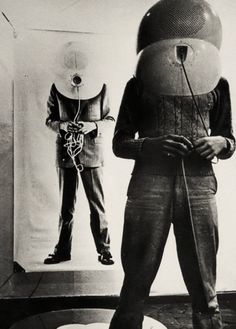Since the 16th century, the human brain has often been compared to a machine of one sort or another, with it being likened to a computer today. The idea that the brain is a machine seems true to me, though the part about gray matter operating in a similar way to the gadgets that currently sit atop our laps or in our palms is patently false. But I still find myself lazily referring to brains as computers, product of my age that I am.
In a wonderfully argumentative and provocative Aeon essay, psychologist Robert Epstein says this reflexive labeling of human brains as information processors is a “story we tell to make sense of something we don’t actually understand.” He doesn’t think the brain is tabula rasa but asserts that it doesn’t store memories like an Apple would.
It’s a rich piece of writing full of ideas and examples, though I wish Epstein would have relied less on the word “never” (e.g., “we will never have to worry about a human mind going amok in cyberspace”), because while he’s almost certainly correct about the foreseeable future, given enough time no one knows how the machines in our heads and pockets will change.
An excerpt:
A healthy newborn is also equipped with more than a dozen reflexes – ready-made reactions to certain stimuli that are important for its survival. It turns its head in the direction of something that brushes its cheek and then sucks whatever enters its mouth. It holds its breath when submerged in water. It grasps things placed in its hands so strongly it can nearly support its own weight. Perhaps most important, newborns come equipped with powerful learning mechanisms that allow them to change rapidly so they can interact increasingly effectively with their world, even if that world is unlike the one their distant ancestors faced.
Senses, reflexes and learning mechanisms – this is what we start with, and it is quite a lot, when you think about it. If we lacked any of these capabilities at birth, we would probably have trouble surviving.
But here is what we are not born with: information, data, rules, software, knowledge, lexicons, representations, algorithms, programs, models, memories, images, processors, subroutines, encoders, decoders, symbols, or buffers – design elements that allow digital computers to behave somewhat intelligently. Not only are we not born with such things, we also don’t develop them – ever.
We don’t store words or the rules that tell us how to manipulate them. We don’t create representations of visual stimuli, store them in a short-term memory buffer, and then transfer the representation into a long-term memory device. We don’t retrieve information or images or words from memory registers. Computers do all of these things, but organisms do not.•
Tags: Robert Epstein

